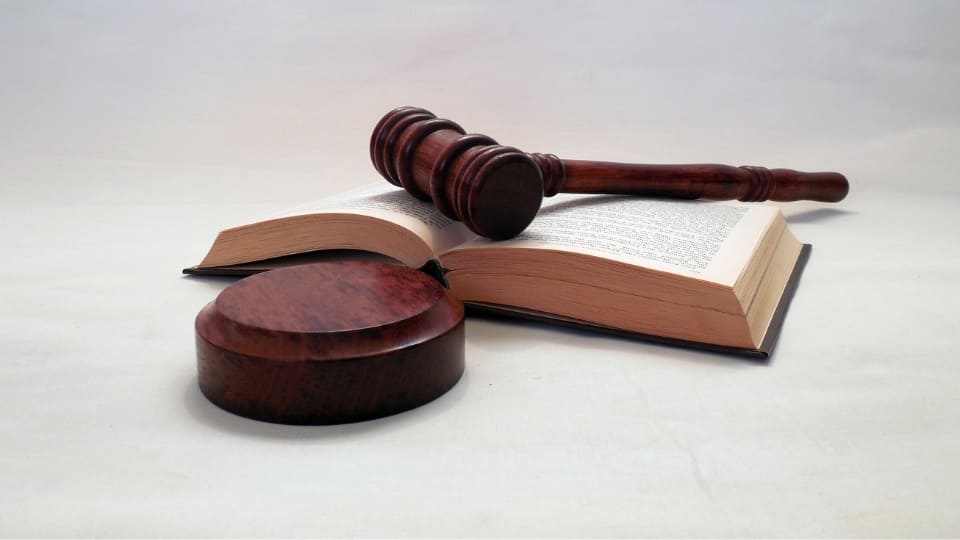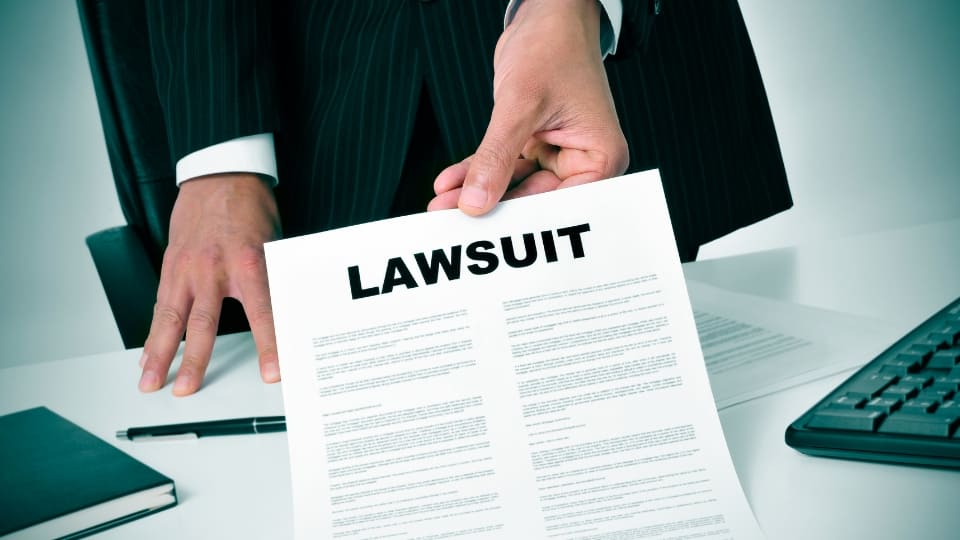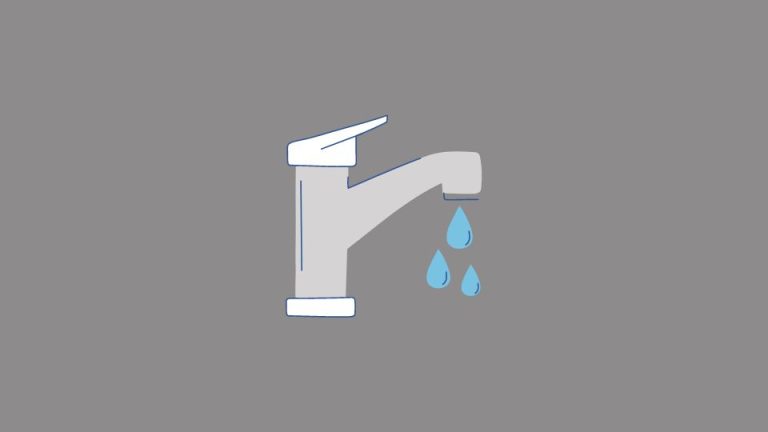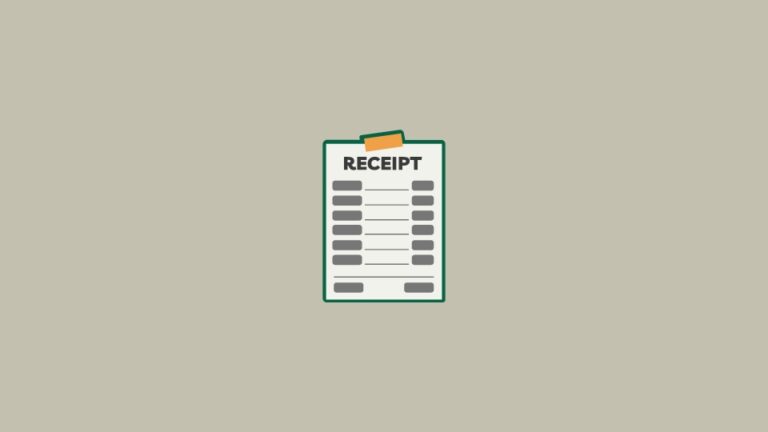Can I Sue My Landlord for Leaking Ceiling?
Renting a property has both advantages and disadvantages for tenants. While it gives a place to live, it also imposes specific responsibilities and expectations. Property maintenance is one of the most prevalent difficulties that tenants experience. Leaking ceilings, for example, can be a significant tenant issue, causing damage, mold development, and even health risks. Such issues can be costly to repair and might cause severe discomfort.
Disputes between tenants and landlords may emerge when a landlord fails to offer a livable living environment. In most circumstances, landlords must provide safe and habitable housing, which includes promptly addressing property maintenance issues. If a landlord fails to act, tenants may pursue legal remedies such as filing a lawsuit.
This blog post will look more closely at leaking ceilings and the legal choices accessible to tenants in such cases.
Tenant Rights and Obligations

You have specific rights and duties as a renter while renting a property. It is critical to grasp these rights and duties to promote a happy and harmonious tenancy.
Tenants have the right to habitable housing that meets specific health and safety criteria, first and foremost. This means the landlord is responsible for keeping the property safe and free of risks such as leaking ceilings, defective wiring, and pest infestations. Tenants can request that their landlord repair a leaky ceiling as soon as possible to minimize further damage or health dangers.
Another essential tenant responsibility is to pay rent on time. Rent payments are a contractual duty between the tenant and the landlord, and nonpayment may result in legal action or eviction. To avoid such consequences, discussing with your landlord if you are experiencing financial troubles is critical.
Tenants must also utilize the property “tenant-likely” which involves taking care of it and preventing damages caused by neglect or carelessness. Also, if you intend to sublet or transfer your lease rights, you may need approval from your landlord.
Tenants have the right to be safeguarded from arbitrary eviction and rental increases. Landlords must follow legal eviction procedures and cannot evict a tenant without a sufficient reason. They may not additionally raise the rent arbitrarily or disproportionately.
Finally, tenants are responsible for keeping the premises clean. While landlords are responsible for providing a clean and habitable living environment, tenants must also do their share to keep the property clean. This includes keeping the premises clear of clutter and garbage and promptly reporting maintenance issues to the landlord.
To summarise, tenants have specific rights and obligations when renting a home. Knowing and carrying out these responsibilities is critical for a pleasant and mutually profitable tenancy.
Landlord Responsibilities and Obligations
As a landlord, you have obligations and responsibilities to your renters. These responsibilities are intended to guarantee that your tenants live in a safe and habitable environment. Failing to meet these obligations may result in legal action by renters, which may result in costly lawsuits.
Landlords are primarily responsible for providing renters with safe and habitable living conditions (In this blog post, you can find more about it). This means that the property must be structurally sound and free from dangers that can cause harm to tenants. Landlords are also obligated to repair maintenance issues promptly to ensure that the property stays habitable.
Landlords must also provide renters with a warning before entering the premises. This is done to protect the tenant’s privacy and avoid any unneeded disruptions. Landlords must also offer their tenants personal contact information to ease communication in emergencies or other difficulties.
Furthermore, landlords must follow eviction regulations to guarantee that tenants are not evicted unfairly. Companies must also provide tenants advance notice before raising rent and quickly reimburse security deposits when a tenant moves out.
As a landlord, you must take these responsibilities seriously and ensure they are met to the best of your ability. This will not only help you prevent legal action from tenants but also help you maintain a pleasant connection with your tenants and a good landlord reputation.
Procedures to Follow Before Filing a Lawsuit
As a renter, dealing with a leaky ceiling can aggravate, but you can do some actions before taking legal action. Here’s a step-by-step way to resolve the problem:
- 1# Inform your landlord or property manager about the problem: Notify your landlord or property manager as soon as you see the leaking ceiling. You can do this in writing via email, formal letter, or phone. Provide as many facts as possible, such as the exact location of the leak, the degree of the damage, and the length of time the problem has been ongoing.
- 2# Keep account of the following stages: After you’ve notified your landlord or property management, they should contact you and provide an estimated date. Keep track of all communications and follow up if you are still waiting to hear back.
- 3# Base your decision on your landlord’s actions: You may not need further action if your landlord reacts and takes the necessary action to resolve the issue. If the problem persists, you may need to examine additional choices.
- 4# Think about mailing a certified demand letter: If contact fails, send your landlord or property management a certified demand letter with a requested receipt. This letter should detail the situation, the steps you’ve taken to remedy it, and the actions you want them to take. Save a copy of both the letter and the receipt for your records.
Completing these measures allows your landlord or property manager to resolve the matter without legal action.
Filing a Lawsuit Against Your Landlord

Consider filing a lawsuit if you have exhausted all other possibilities for resolving a disagreement with your landlord over a leaking ceiling. Here are the steps you must take:
To begin, you must file the lawsuit with the court clerk. You must complete the necessary papers, pay a small filing fee, and give any supporting documentation, such as images of the damage or repair requests you have sent to the landlord.
After filing the case, the following step is to serve the papers on the landlord. This is usually done via registered mail, which requires a signature to certify receipt of the papers. It is critical to strictly adhere to the requirements for serving papers to avoid legal issues.
You and your landlord must both appear at the trial on the day designated by the court, usually 30-70 days after the case was filed. Both sides can present their case at the trial, including any witnesses or evidence they have obtained. It is critical to thoroughly prepare for the trial, as the strength of the arguments and evidence provided will determine the outcome.
If you have a conflict with your landlord over a leaking ceiling, filing a lawsuit should be your last alternative. It can be time-consuming and costly, and there is no assurance of success. Before taking this step, you should attempt other options, such as mediation or filing a formal complaint, to see if the problem may be resolved more amicably.
The Potential Consequences of A Case
Your landlord may file a countersuit
If you file a lawsuit against your landlord, they may decide to countersue you. This could happen if the landlord believes you did anything illegal or broke the lease terms. If you lose this countersuit, you may be held liable for court expenses, the landlord’s attorney’s fees (in addition to your own), damages sustained by the landlord, and the original amount sought by the landlord. Examining this potential danger before proceeding with a case against your landlord is critical.
A landlord may reach an out-of-court settlement
Bringing a lawsuit against your landlord can be a difficult and time-consuming experience for both parties. If your landlord knows your intent to sue, they may do everything possible to avoid going to court. Offering to settle outside of court is one way this could happen. This can be a win-win situation for all parties because it saves them the time, money, and worry of a trial. Before accepting a settlement offer, carefully analyze the conditions and whether they fulfill your purposes and objectives for pursuing the action. It is also critical to seek legal advice before accepting any settlement offer.
Options to filing a lawsuit against your landlord
As a tenant, you have the right to live in a secure and habitable home, and it can be irritating and distressing if your landlord fails to offer that. While suing is one option, it is not the only one. Before initiating legal action, consider the following two alternatives.
Submit a formal complaint
You can file a formal complaint if you have problems with your landlord. If you rent privately through a letting agent, you can first complain with the agent. If that doesn’t work, you can file a formal complaint with the letting agent’s redress mechanism. If the redress scheme finds that the letting agency acted unfairly, it will investigate your complaint and may require the agent to reimburse you.
If you are a council or housing association tenant, you can file a formal complaint and request that the Housing Ombudsman investigate further. The Ombudsman has the authority to investigate allegations of maladministration, service failure, and violations of the code of practice. If they believe that the landlord acted unfairly, they can force the landlord to pay them.
Consider mediation
Mediation can be a great alternative to going to court, especially when there are “a grey area” issues on which landlords and renters cannot agree. You and your landlord will meet with a neutral third party who can assist you in reaching a compromise or finding a solution. Mediation is voluntary, and the mediator cannot decide on your behalf. Nonetheless, the mediator can assist you in finding common ground and resolving the matter in a way that is satisfactory to both parties.
Suing your landlord should only be used as a last resort, and there are other options you can consider before going to court. Filing a formal complaint and attempting mediation can be helpful methods of resolving problems with your landlord without resorting to court.
Conclusion
Finally, tenant-landlord disputes can be an exasperating and stressful experience for both parties. Nonetheless, in order to avoid disputes, both landlords and tenants must understand their legal rights and duties. Tenants have the right to a habitable living place, protection from unfair eviction, and notification of rental increases.
On the other hand, landlords are required to ensure safe and habitable living conditions, inform tenants before entering the property, and fix maintenance issues as soon as possible. Tenants may consider notifying their landlord and keeping note of future actions before filing a lawsuit, issuing a demand letter, or pursuing alternate options such as mediation.
Tenants and landlords can prevent costly and time-consuming legal fights by recognizing their rights and duties and taking proper action.






